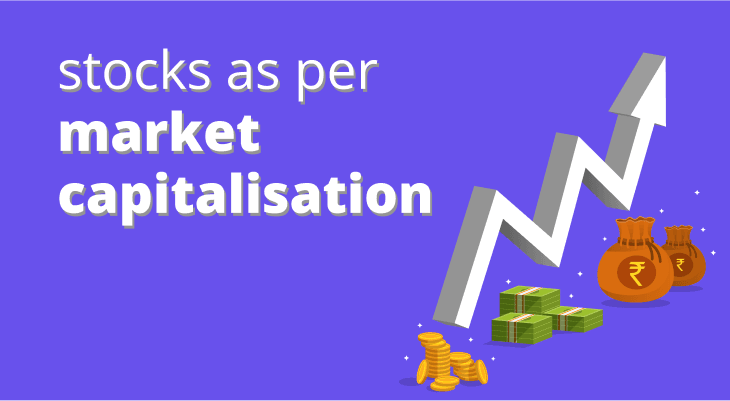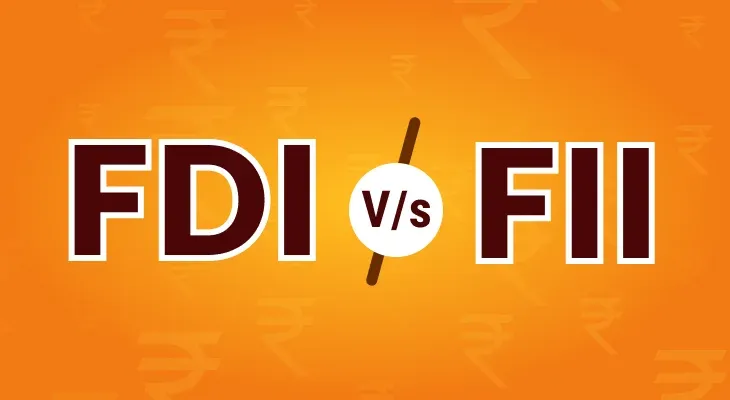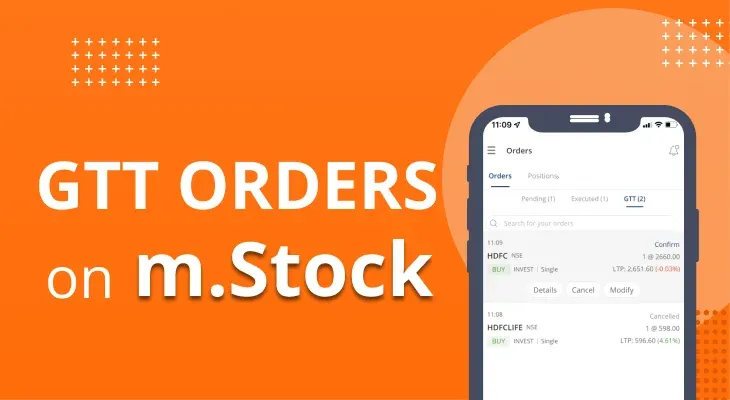
What are DP charges in the stock market?
When you receive your contract note, you must have noticed various charges like brokerage, STT and others being debited from your sale proceeds. But there is one charge that isn't visible on the contract note, but is nonetheless charged. We are referring to DP charge or depository participant charge. Wondering who a depository participant is and what is a DP charge? Well, you’ve come to the right place. In this article, we will understand everything about DP charges in the stock market.
What is a depository and who are depository participants?
Depository is an institution where your shares are safely stored. In India, the two main depositories are - National Securities Depository Ltd (NSDL) and Central Depository Services Ltd (CDSL). While your securities are held for safekeeping with the depository, as an investor you cannot directly deal with NSDL and CDSL. Your broker acts as the intermediary or depository participant and connects you to the depository.
What are DP charges?
Depositories, in collaboration with the depository participant (broker) provide a wide range of services, including processing of corporate actions, pledging and unpledging of shares etc. In exchange for performing these functions, they charge a small fee known as DP charges. DP charges are applicable on only sell transactions and are directly posted on your ledger. DP charges are deducted once per scrip per day and are not dependent on the quantity of shares sold.
How much DP charges are levied in the stock market?
DP fees differ from depository to depository. CDSL, the larger of the two depositories, charges Rs 13.50+ GST per day per script on stocks sold from your holdings. In comparison, NSDL levies DP charge of Rs 13+ GST. Let us consider the following example to understand this better.
Suppose you sell 100 shares of Tata Consultancy Services Ltd. when the market opens and another 75 in the afternoon. In this case, the total DP charges for TCS Ltd. will be Rs. 13.5 + 18% GST.
Suppose you sell 100 shares of Tata Consultancy Services Ltd in the morning and 100 shares of Infosys Ltd. in the evening, then the total DP charges for the day will be Rs 13.50+ 18% GST for TCS Ltd. and Rs. 13.50+ 18% GST for Infosys Ltd. This is because multiple different scrips are being sold.
DP charge is an unavoidable expenditure when you sell shares. But you do have a say in paying brokerage. Yes, open m.Stock’s Demat account and trade free (at zero brokerage) across equity delivery, mutual funds and IPOs (except Intraday, F&O and MTF trades).


